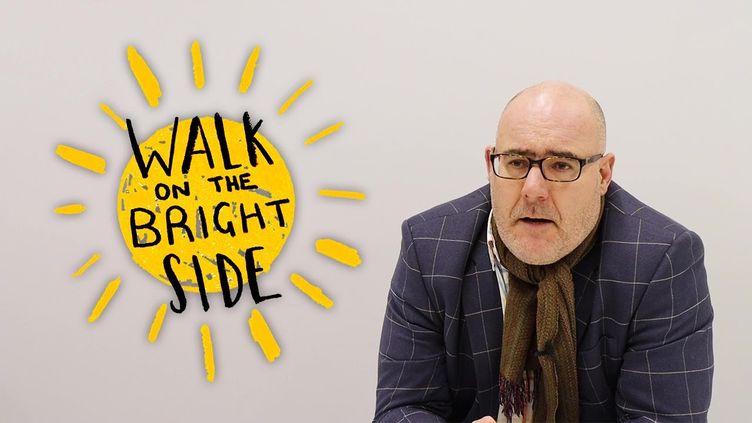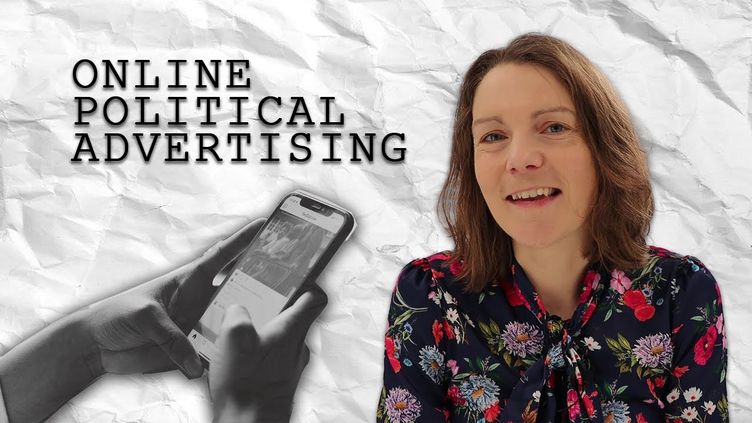Governance and Public Policy
Sheffield has long been renowned for its pioneering research into governance and public policy, and the school continues to host many world-leading scholars in the field.
Our Research
Our expertise
Our Governance and Participation researchers have expertise in the following areas:
- environmental policy and governance
- the politics of wellbeing
- positive public administration
- digital technology and democratic politics
- policy lessons from history
- power and political institutions
- the politics of trust

The governance and public policy research group is theoretically, empirically and methodologically diverse, incorporating a wide range of outlooks in the study of institutions of governance, power dynamics and the policymaking process. Though this inclusive approach has facilitated development of a wide range of expertise (see below), the group is underpinned by a dual focus on theoretical development and synthesis in interpreting governance and the policy process, as well as the real-world outcomes and impacts of who is involved in making policy and how it is made.
Walk on the bright side
Professor Matthew Flinders talks about his project 'Walk on the Bright Side' which involves an international network of academics researching what DOES work in politics, rather than the doom and gloom of failed policies.
Online Campaigns and Digital Politics
Professor Kate Dommett from the School of Sociological Studies, Politics and International Relations talks about her research into how online political advertising is used in election campaigns. Are they misleading the public or are they useful to decide who to vote for?
The anatomy of a Wedge Lie and its impact on democratic health

Katie Pruszynski
Would legal or professional consequences for political actors who lie to the public have a positive impact on our trust in democracy?
Our Projects
Delivering Trustworthy Electoral Oversight
Prof. Kate Dommett
Democratic elections should be free and fair if they are to maintain public trust. To ensure these qualities, societies rely on transparency mechanisms to identify concerning practice. To date, however, systems of electoral oversight have failed to adapt to the digital age, meaning efforts to expose corruption rely on time-consuming manual practice. This project combines computational methods with political science classification techniques to build an automated system for the analysis of electoral spending returns. Moreover, it tests public and practitioner perceptions of this tool to identify how to foster public trust in this technique as a means of electoral oversight.
WISER: Public policies and indicators for well-being and sustainable development
Prof. Ian Bache
The focus on economic growth as an instrument to lead societies towards sustainable and high well-being is increasingly problematic. While Gross Domestic Product (GDP) growth is slowing, its environmental and social costs are increasing, such that continued reliance on GDP growth entails a trade-off between the well-being of current versus future generations. In addition, research shows that higher GDP generally hardly improves people’s subjective well-being. To better support policy options, our project aims to develop a new economic development framework that provides evidence-based and theoretically-sound policy insights on how to raise well-being of present generations (leaving no one behind) without sacrificing future well-being.
Elite Trust Perceptions: Causes and Consequences for Democratic Governance
Dr James Weinberg
Whilst decades of research have certified that political trust is responsive to what politicians do and say, we know very little about how politicians themselves perceive levels of public trust or when this might impact their behaviour in office. In a three year research project funded by the Leverhulme Trust, Dr James Weinberg has surveyed and interviewed elected politicians from three different countries to ascertain the content, predictors, and consequences of politicians’ trust perceptions. Preliminary results inform a new book with Oxford University Press and three additional grant applications on cognate questions such as when and how political interactions can be designed to close trust gaps between politicians and citizens.


